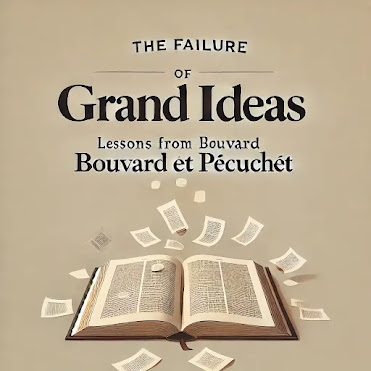An Inspiring Insight from Atomic Habits: A Lesson Worth Sharing

I came across this powerful lesson in Atomic Habits by James Clear, and I found it deeply thought-provoking. Here it is, word-for-word, as it appears in the book, so you can experience it just as I did. The Man Who Didn't Look Right The Psychologist Gary Klein once told me a story about a woman who the attended a family gathering. She had spent years working as a paramedic and, upon arriving at the event, took one look at her father your in-law and got very concerned. "I don't like the way you look," she said. Her father-in-law, who was feeling perfectly fine, jokingly replied, op "Well, I don't like your looks, either." " No," she insisted. "You need to go to the hospital now." A few hours later, the man was undergoing lifesaving surgery after an examination had revealed that he had a blockage to a major artery and was at immediate risk of a heart attack. Without his daughter-in- law's intuition, he could have died. What did th...


